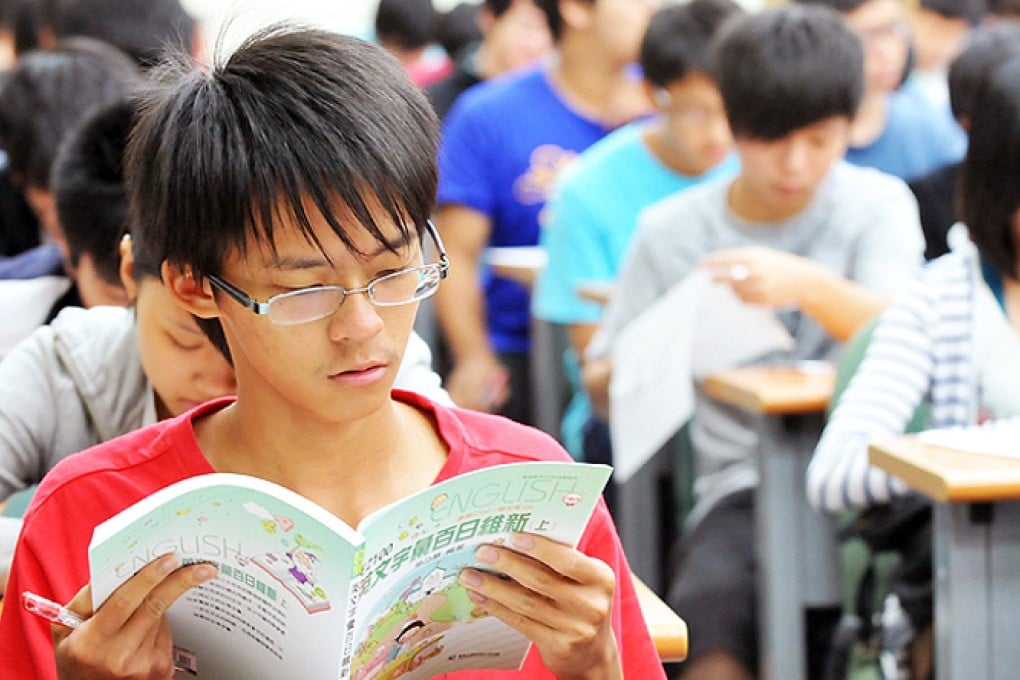Shanghai teens still world's best at reading, maths, science in Pisa survey
Mainland city's 15-year-olds the best at reading, maths and science, global survey finds, but HK youngsters are snapping at their heels

Shanghai's 15-year-olds are still the best in the world at reading, maths and science, according to the latest global survey.
Hong Kong's youngsters ranked second in science and reading - up from third and fourth in 2009 - and held their third place for maths.

The assessments also showed that just 12 per cent of pupils in Hong Kong were top achievers in maths, well below the 30.8 per cent for Shanghai and 19 per cent in Singapore.
The latest report by the Programme for International Student Assessment (Pisa) was based on surveys of more than half a million 15-year-olds in 65 countries and regions.
Professor Esther Ho Sui-chu, director of the Centre for International Student Assessment in Hong Kong, said: "I think the differences in improvement are not very important."
She attributed those differences to the way cities treated the assessment.